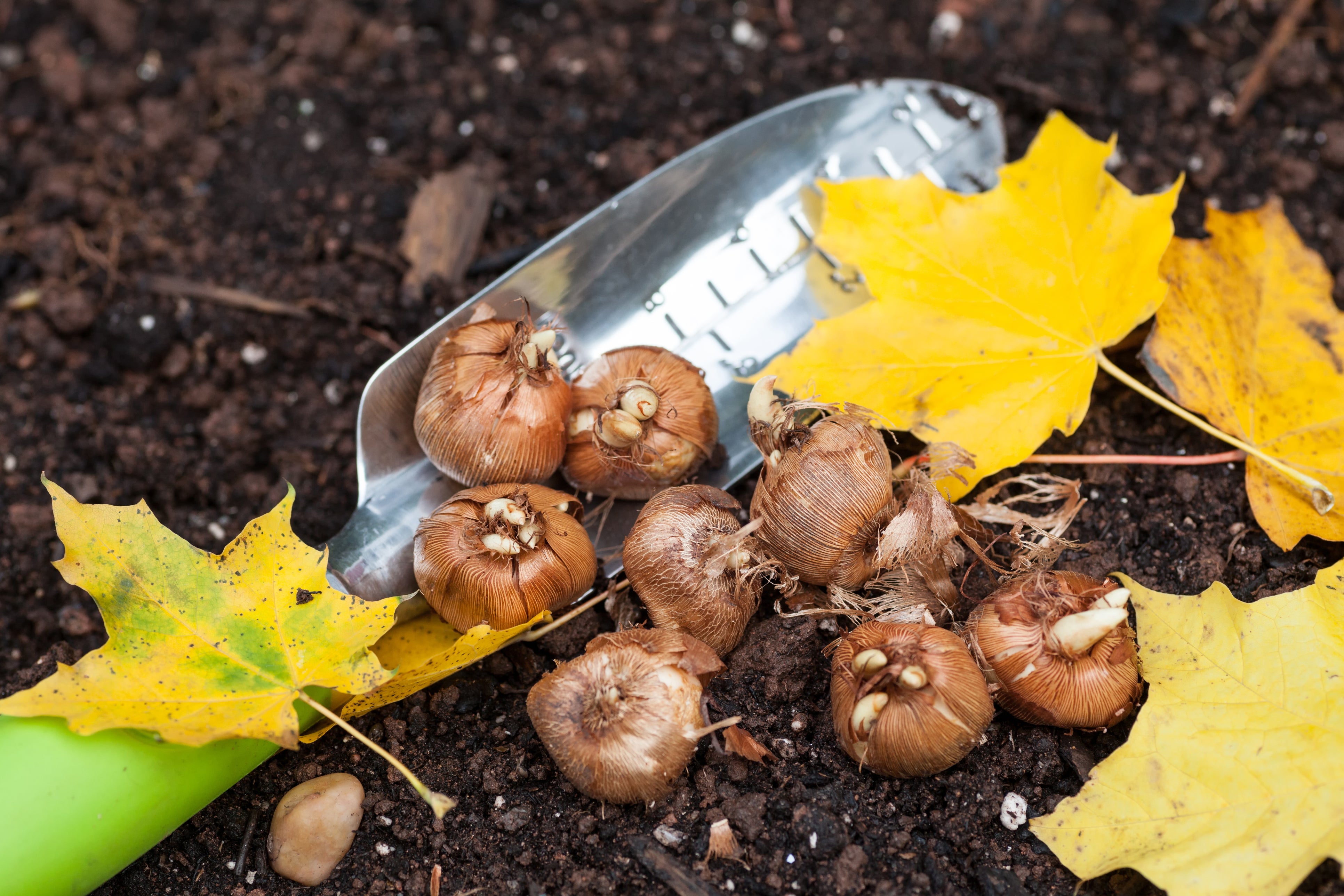How do plants know the seasons, and what came first – the rain or the seas?
We explore some of the curious questions that science can answer

How do plants know what the seasons are?
Every plant has a biological clock that responds to temperature and light. With bulbs, small miniature plants with flowers develop within the bulb during the previous season (or in autumn, for spring blossoms). Each type of flower is programmed to start growing a specified number of months after the formation of this miniature plant (for example, tulips wait five months).
After this wait, the bulb begins to let water enter the cells of the miniature plant. This makes the cells swell and elongate, so the flower, stem and leaves grow bigger until they are fully grown. After the stem begins to grow, the growth rate depends on the temperature. If the weather is warm, the plant will grow faster and will bloom earlier.
What tells trees to shed their leaves for winter?
In many trees leaf fall seems to be brought about by shorter days and falling temperatures toward the end of the growing season.
Chlorophyll, the green pigment in plants, is lost; yellow and orange pigments called carotenoids become more conspicuous and, in some species, anthocyanin pigments accumulate. These changes cause the autumn colours of leaves.
There are some indications that day length triggers leaf loss in deciduous trees: some researchers think “the lack of daylight breaks down a couple of plant hormones which are important in controlling leaf fall. Artificially increasing the level of two hormones, called gibberellins and auxins, in the autumn can halt leaf fall and preserve the leaves’ greenness.
Why do plants such as hyacinths have such a strong scent? Is it because they are catering for dopey insects?
In wildflowers, scent is intended to attract pollinators. When plant selectors and breeders get involved, as with most or all of the garden forms, then colour, or scent, or shape, or doubleness of flowers often predominates. Scent sometimes “suffers” with selection for other features, and then breeders might try to bring strong scent back. The chemicals themselves in scent may not be attractive to us – some flowers attract flies for pollination, and some of those smell of rotting flesh or halitosis.
Why is the Earth's core solid when the surrounding medium is molten?
The Earth’s core is solid because of “pressure freezing” – a process in which the pressure of the surrounding mass of material forces something that would otherwise be liquid to become solid. The first person to confirm that the Earth had a solid core was Inge Lehmann, who died in 1993.
How do we know the age of the Earth?
The age of the solar system is generally said to be about 4.6 billion years, but the age of the Earth is around 4.5 billion years as it took a bit of time for the planets to form once the solar system had formed. The age of the Earth is calculated in a variety of ways. The minimum age of the Earth is given by the age of its oldest rocks – 3.8 billion years.
But erosion has removed some of the earliest rocks so we know it’s older than that. By dating meteorites, which haven’t changed much since the birth of the solar system, we can constrain the maximum age of the Earth at 4.6 billion years. But it is the radioactive decay of certain minerals in the Earth which dates our planet more precisely – at about 4.5 billion years old.
The sea is made of rain; the rain is made from the sea – so where did the first raindrop come from?
When Earth first formed 4.5 billion years ago, much of its atmosphere was derived from volcanic outgassings containing water vapour. This cooled and condensed to form drops of water – which would have collected in basins on the land, creating large lakes and oceans. So rain came before seas.
Another possibility is that the water on Earth came from a collision with a comet.






Join our commenting forum
Join thought-provoking conversations, follow other Independent readers and see their replies
Comments